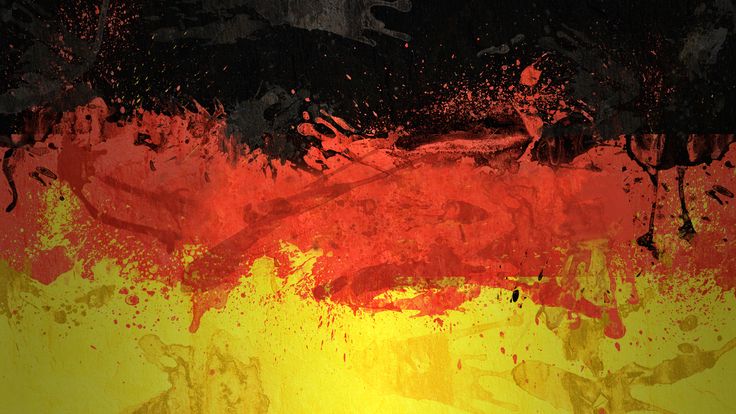Economic Crisis and Political Tensions Threaten Germany’s Stability
Economic Decline Tests Government Unity
Germany faces a government crisis that could topple its coalition. Chancellor Olaf Scholz’s coalition—comprising the Social Democratic Party (SDP), the Greens, and the Free Democratic Party (FDP)—struggles to maintain unity amid an economic downturn. As Germany’s economy falters, coalition members argue about budget priorities and fundamental reforms, creating deep rifts.
An Urgent Economic Plan Ignites Tensions
Finance Minister Christian Lindner, FDP leader, proposed a drastic 18-page reform plan to revive Germany’s economy. His proposal demands budget cuts, reduced social services, and weakened climate goals to close a €2.4 billion budget gap. These changes align with FDP’s fiscal conservatism but clash with the SDP’s and Greens’ values. Lindner warns that his party may leave the coalition without significant reforms, risking a snap election that could destabilize Germany.

Economic Powerhouses Falter Simultaneously
Germany’s economic pillars—automotive, chemical, and engineering—are slumping together. Volkswagen, a symbol of German industry, faces possible factory closures and job cuts. High labor costs, low productivity, and competition from China now threaten Germany’s global economic standing. A likely GDP contraction for the second year in a row signals Germany’s worst postwar downturn, intensifying the coalition’s internal conflicts.
Coalition Divides on Budget Solutions
The coalition partners remain divided over budget solutions. Lindner and the FDP call for austerity and cuts, while the SDP and Greens prefer targeted spending to stimulate growth. These budget disagreements have stalled decision-making, leaving the coalition fragmented. Economy Minister Robert Habeck warns that failure to pass a budget could throw Germany into prolonged uncertainty. Yet, all three parties risk significant electoral losses if the coalition collapses: the Greens and SDP have lost support since 2021, and the FDP might exit parliament altogether.
What’s Next for Germany?
Germany’s coalition must reach consensus soon or face a breakup that risks political chaos. Lindner’s proposed reforms highlight an urgent need for economic adaptation. The coalition’s lack of unity, however, could spell its downfall. Scholz’s government now stands at a critical crossroads. Immediate and decisive action could save the coalition—and stabilize Germany’s economy. But failure to bridge these divides may lead to a snap election and further economic uncertainty.
Our Visitor






 Users Today : 26
Users Today : 26


